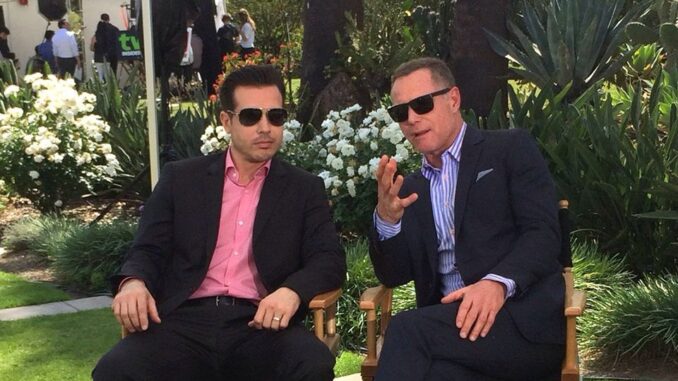
In a precinct where loyalty runs deep and trust is earned over blood, sweat, and years on the job, the arrival of new personnel is never just procedural—it’s personal. The Intelligence Unit has always operated as more than a team. They’re family. Flawed, bruised, complicated family. So when a new face steps in—especially one with her own agenda—the ripple effect is immediate, and the tension palpable.
Enter the newest recruit: a former federal agent with a mysterious past, a no-nonsense attitude, and an investigative style that doesn’t exactly mesh with Voight’s rule-bending philosophy. From the moment she walks into the 21st District, it’s clear she’s not just here to play by the book—she’s here to rewrite parts of it. And not everyone is thrilled.
She clashes with Atwater, not out of malice, but because they see the job—and justice—differently. Her questions aren’t just inquisitive, they’re disruptive. She doesn’t just observe; she challenges. And while some see her as a threat to the unit’s cohesion, others start to wonder if her presence is exactly the shake-up they didn’t know they needed.
But the story isn’t just about her.
Seasoned officers are shifting, too. Ruzek, ever the loyal soldier, is more introspective than before. His recent experiences have left scars, and we see him grappling with what it means to truly protect and serve—not just in the field, but in his heart. He’s asking deeper questions now, and maybe, for the first time, contemplating a future beyond the badge.

Atwater, long the moral compass of the unit, is being pulled into a new kind of role: leadership. With his sharp instincts and unwavering integrity, he’s no longer just the voice of reason—he’s becoming the one others look to when the line between right and wrong gets blurry. And with that comes pressure, responsibility, and the occasional tough call that tests his character.
Then there’s Kim Burgess. Motherhood hasn’t softened her—it’s fortified her. She’s learning how to fight on multiple fronts: in the streets, in the system, and within herself. Her evolution isn’t loud—it’s layered. Every decision she makes is infused with the dual lens of a protector and a parent, and this season, she’s proving that vulnerability and strength are not opposites—they’re partners.
And what about Voight? The ever-watchful leader, whose methods have made him both a savior and a pariah within the CPD? He’s saying less, observing more. With a unit in flux, he’s calculating his next move carefully. For a man who’s spent years holding his team together through sheer will and intimidation, this moment feels different. He’s not losing control—but he’s recognizing that the game has changed. And he may need to change with it.
This isn’t just another season of Chicago P.D. It’s a metamorphosis.
The stakes are higher. The cases are more complex. The criminals are more ruthless. And within the unit itself, fault lines are beginning to form—not out of betrayal, but out of evolution. These characters aren’t stuck in place; they’re in motion. And the writers are making bold moves, embracing risk in both plot and character arcs.
The show is exploring new moral terrain, asking tougher questions, and leaning into the emotional depth that has always set it apart from standard police dramas. It’s a reset, yes—but not a wipe. It’s a rebuild. A reinvention. A reawakening.
One thing is clear: this season, Chicago P.D. isn’t content to play it safe. It’s ready to dig deeper, hit harder, and grow in ways fans didn’t see coming. New faces bring new conflicts—but they also bring new opportunities. And with the Intelligence Unit being pushed like never before, the only way forward is through the fire.
